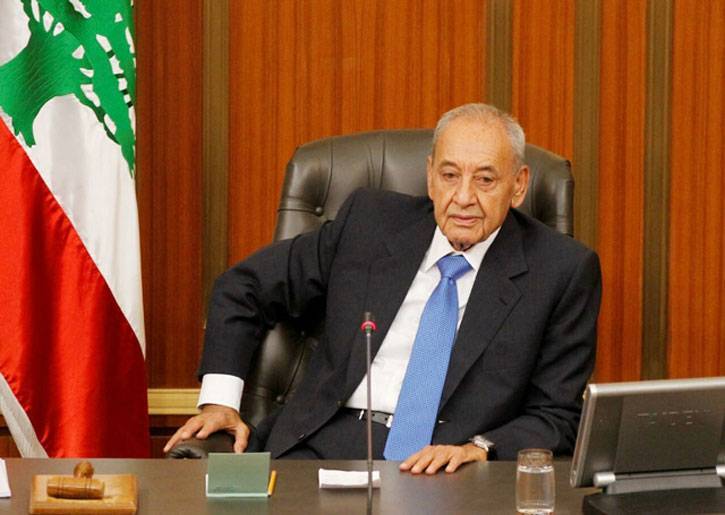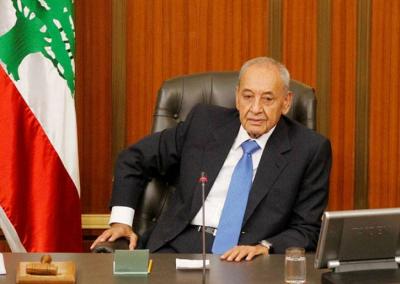The recent international diplomatic activity aimed at containing the escalation and establishing controls in various regional hotspots has rushed to combat the raging fire across these fronts. There are deep concerns regarding the possibility that the war could spiral out of control and drag the entire region into a catastrophic regional conflict on both regional and global levels. However, despite the influx of envoys to the area, a path to solutions for this conflict does not appear open. Thus, the prevailing influence remains with the ongoing military realities and escalation, particularly in Gaza and along the Lebanon front.
In this context, U.S. diplomacy seems to be operating on two parallel priorities. The first is to establish protocols for the Israeli war on the Gaza Strip that minimize civilian targeting, without aiming for a ceasefire until Israel achieves its war objectives of exhausting Hamas and recovering Israeli captives. The second priority is to prevent the southern Lebanon front from igniting into a larger conflagration.
While Washington does not publicly specify a timeline for the Israeli war on Gaza, it is intensifying efforts behind the scenes to limit the intense military operations being conducted by Israel in Gaza and transition to less severe military operations executed by the Israeli army. Senior officials in the U.S. administration have increasingly voiced significant concerns that this war could escalate into a broader and more violent conflict between Israel and neighboring countries. Washington is simultaneously very apprehensive about the Lebanese southern front. As a result, it is engaging in diplomatic efforts on multiple fronts to prevent ignition and descent into severe confrontations beyond the border area.
According to the same diplomatic sources, U.S. concern stems from what it considers Hezbollah's escalation of offensive and provocative operations against the Israeli army and northern towns. Hence, it adopts the Israeli proposal for a Hezbollah-free zone north of the international border. This concern is also linked to the announcements from political and military levels in Israel regarding changes in the status quo along the border, whether through a political solution or military action, to enable residents of the evacuated Israeli settlements to return safely.
In this context, U.S. envoy Amos Hochstein is visiting Beirut, and political levels are awaiting what proposals he brings to meet the stated U.S. objectives of containing escalation. According to reliable diplomatic information from the French capital to "Al-Jumhuriya," Hochstein, who met with Deputy Speaker Elias Bou Saab in Rome, had also held discussions in Paris recently regarding the situation in Lebanon, particularly along the southern border.
Sources indicate that a political solution appears difficult and complex, noting that there are no mature solution ideas at this time. They stated, "Hochstein does not bring a ready or complete solution, and in the meetings he held in Paris, he acted as if searching for a framework for a political solution under Resolution 1701, based on establishing certain arrangements on the border line, without including the Kfarshouba hills and the Shebaa Farms. This is based on the assumption that Israel may not accept discussing the Shebaa Farms as they are tied to the border demarcation between Lebanon and Syria."
According to "Al-Jumhuriya," European diplomats expressed to members of the Foreign Affairs Committee in the House of Representatives a significant fear regarding the increasing chances of severe escalation along the southern border. They asserted that they have reasons to doubt not only the success of any political solution fraught with ambiguities but also the success of any political solution at this time, especially as Hezbollah has informed European envoys, including the French and the EU representative, that it refuses to discuss any arrangements, mechanisms, or details related to the border area before a ceasefire in Gaza. The French diplomats emphasized that they doubt Hezbollah will agree to postpone discussions on the Shebaa Farms and Kfarshouba hills in any effort for a political resolution.
Amid these conditions, Speaker of the House Nabih Berri will meet the American envoy today, who is also visiting caretaker Prime Minister Najib Mikati. On the eve of Hochstein's arrival, Berri was briefed by the Deputy Speaker on the results of his meeting with Hochstein in Rome. In response to a question about the proposed solutions for the southern front, Berri told "Al-Jumhuriya": "There is no talk of new definitions or delimitations; Lebanon's international borders have been known and defined since 1923. We have Resolution 1701, and we are committed to it and its implementation, and what is required is to compel Israel to apply it."




